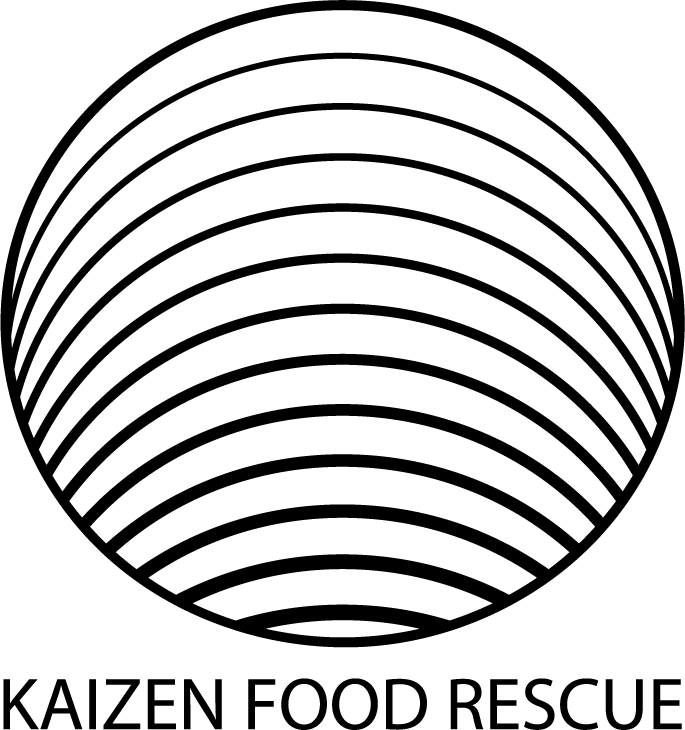What is a Food Forest?
A food forest is a carefully planned, sustainable agricultural system modeled after the structure of a natural forest. It includes layers of vegetation—from towering fruit and nut trees to shrubs, herbs, and ground covers—working together to create a self-sustaining ecosystem. Unlike traditional farms, food forests are designed for long-term resilience, requiring minimal maintenance while yielding a diverse array of foods.
Edgewater Food Forest
Nourishing Our Community, One Tree at a Time
Our community food forest located in Edgewater is more than just a collection of plants and trees—it's a thriving ecosystem designed to provide fresh, organic food, build community connections, and foster environmental stewardship. Located at the heart of our community, the food forest is a space where everyone can come together to learn, grow, and share the fruits of nature’s abundance.
Why is a Food Forest Important for Our Community?
1. Improving Food Security
In a time when access to fresh, healthy food can be a challenge for many, our food forest provides a local, free source of fruits, nuts, herbs, and vegetables. This ensures that no one in our community goes hungry.
2. Environmental Benefits
Carbon Sequestration: Trees and plants absorb carbon dioxide, helping combat climate change.
Biodiversity: By mimicking a natural ecosystem, our food forest supports a wide variety of wildlife, from pollinators like bees and butterflies to beneficial insects and birds.
Reduced Waste: Local food production reduces packaging and transportation waste.
3. Educational Opportunities
The food forest serves as a living classroom where children and adults alike can learn about sustainable farming, ecology, and nutrition. Workshops, tours, and volunteer days allow participants to gain hands-on experience in growing and harvesting food.
4. Building Community Connections
The food forest is a place where neighbors can connect, collaborate, and celebrate. By working together to plant, maintain, and harvest the forest, we strengthen our bonds and create a shared sense of pride in our community.
5. Enhancing Local Resilience
A community food forest promotes resilience by reducing dependency on external food sources, especially during emergencies or economic downturns.

